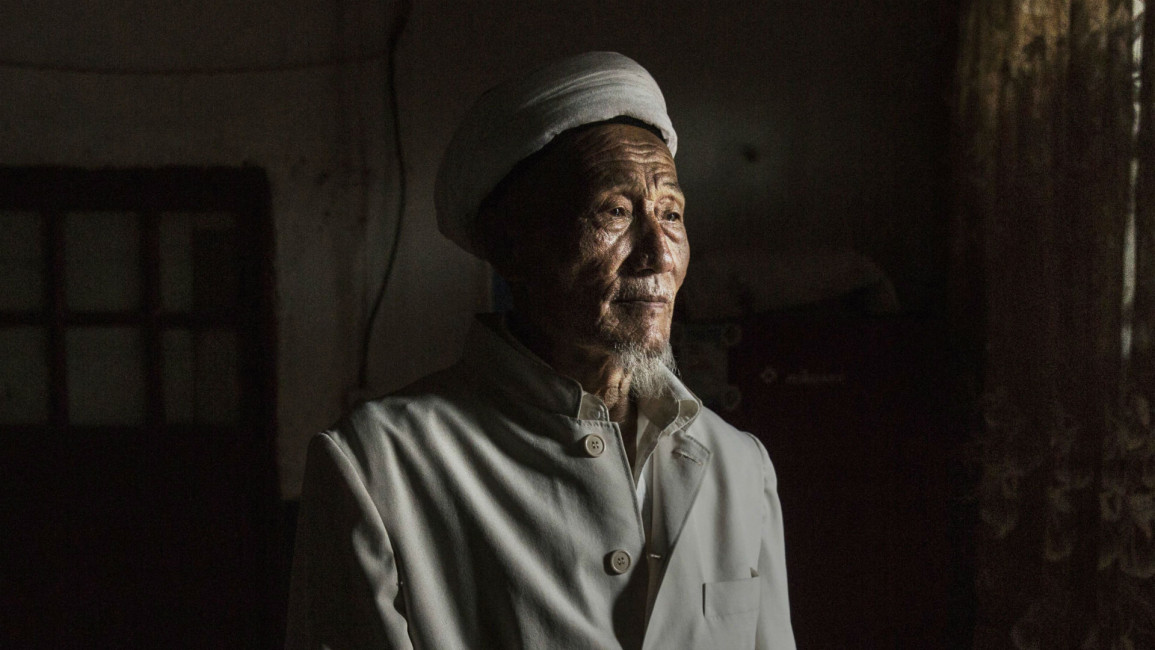China's communists to take harder line against 'Islamic extremism'
A number of Chinese party leaders have given speeches on an alleged threat of destabilisation coming from Muslim citizens and a need for increased 'sinification'.
Shaerheti Ahan, a top party official in China's predominantly Muslim region Xinjiang, said on Sunday that the "international anti-terror situation" is destabilising China.
China's Premier, Xi Jinping, is reported to be pushing a policy that increases the Chinese aspects of culture across the country.
A recent report by Freedom House, a Washington-based human rights organisation, found that religious persecution was increasing in China under Xi Jinping.
"Many spiritual activities practiced freely around the world - from fasting during Ramadan to praying with one's children … are restricted and can be harshly punished in China," said Sarah Cook, the report's author.
Practising Islam in China under an authoritarian and highly secular Communist government can be dangerous for individual citizens.
Chinese mosques are barred from making calls to prayer [adhans] and children under the age of 18 are banned from entering any mosque.
 |
Chinese mosques are barred from making calls to prayer [adhans] and children under the age of 18 are banned from entering any mosque. |  |
Echoing Trump
These policies, which some critics have deemed Islamophobic, coupled with a rampant unemployment rate, have created ideal conditions under which terrorist cells can flourish.
Many Chinese Uighur Muslims, having trained with the Taliban in Pakistan and Afghanistan, have allegedly returned to mainland China to carry out terrorist attacks on security forces and civilians.
Uighur militants have also turned up on battlefields in Syria and Iraq.
This security issue is not going away and is now being addressed more seriously at the highest levels of Chinese government.
Communist Party secretary for majority-Muslim province, Ningxia, made a speech that drew on the United States' President's recent comments and policies with regards to Islamic fundamentalism.
"What the Islamic State and extremists push is jihad, terror, violence," said Li Jianguo.
"It doesn't matter whether anti-Muslim policy is in the interests of the US or it promotes stability, it's about preventing religious extremism from seeping into all of American culture."



